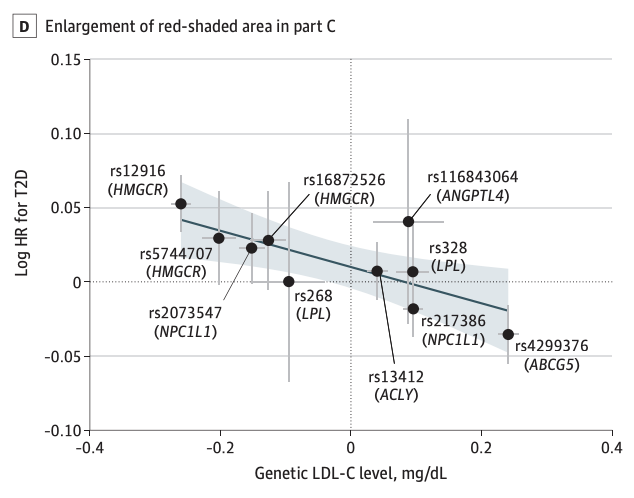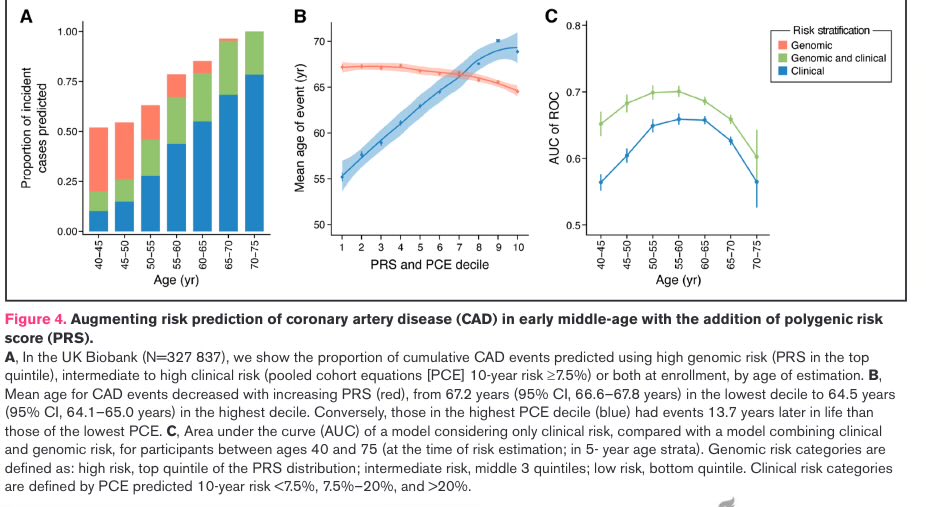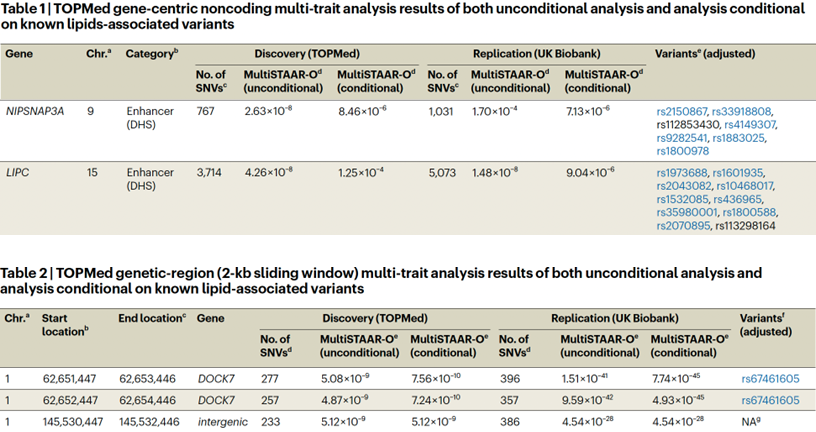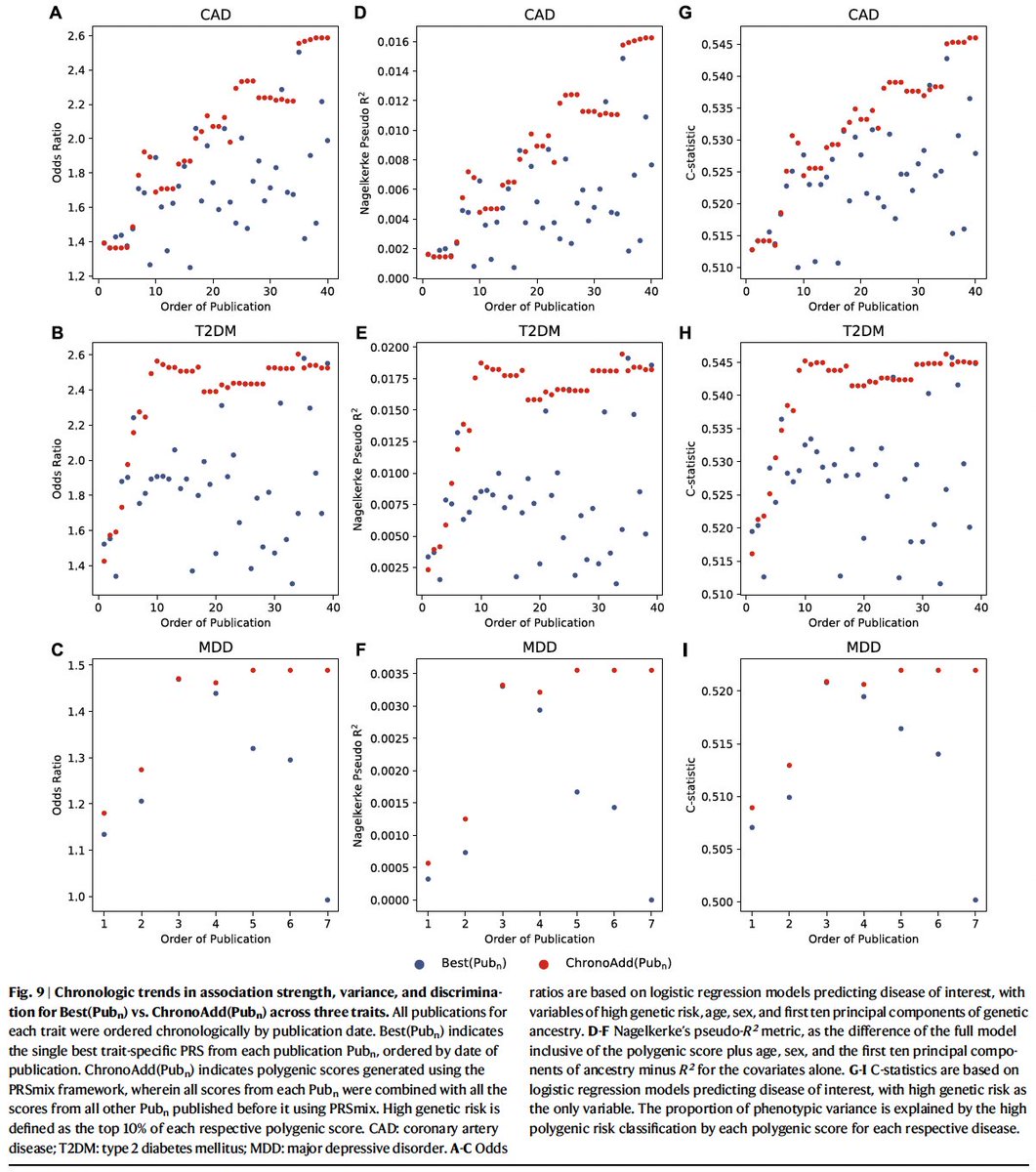
Injeong Shim
@injeong_shim
Postdoctoral Research Fellow at @CGM_MGH @harvardmed @broadinstitute
ID: 123964443
https://www.linkedin.com/in/injeong-shim/ 17-03-2010 20:06:58
126 Tweet
123 Followers
269 Following


One superstar at our lab holiday party and his only scientific interest is optimizing cuddles, treats, and toys! #FahedLab MGH Cardiovascular Research Center Broad Institute


Milestone moment! #FahedLab launched its first lab meeting today. Proud to be part of a team dedicated to transforming cardiac health for generations to come 🫀 Akl Fahed MGH Cardiovascular Research Center Broad Institute Harvard Medical School

Most cardiovascular risk factors are continuous measures of exposure with a well-defined relative risk curve. Why are we obsessed with binarizing risk stratification? In this npj Journals paper, Yichi Zhang (张一弛) MGH IM Residents medical resident extraordinaire explores the concept of


Delighted to share our study led by Harvard University undergrad Akshaya Ravi with Broad Institute postdoc Satoshi Koyama describing a general inverse genetic relationship between LDL-C and incident T2D. jamanetwork.com/journals/jamac… JAMA Cardiology


Mini-Review Polygenic Risk Scores in Human Disease Dimitri Maamari, MD Roukoz A. Karam, MD

The relationship of high polygenic risk scores to coronary artery disease disease for extent of atherosclerosis and presentation with heart attack/unstable angina jamanetwork.com/journals/jaman… JAMA Network Open Akl Fahed Kelvin Supriami Pradeep Natarajan Patrick Ellinor


NEW in Circulation: Genomic and Precision Medicine led by Sarah Urbut Genomic and clinical risk factors of CAD display time-varying importance over the life course. The importance of CAD PRS is highest earlier in life and diminishes with older age. Collab with Pradeep Natarajan Mass General Heart MGH Cardiovascular Research Center


Delighted to share our study by Sarah Urbut with Akl Fahed on adding in a CAD polygenic risk score to clinical factors to boost CAD risk prediction, particularly for recovering premature CAD events ahajournals.org/doi/10.1161/CI… Circulation: Genomic and Precision Medicine


Congrats to our very own Sarah Urbut, FIT representative of the AHA Science 2025 stats update! ahajournals.org/doi/10.1161/CI… Circulation MGH Cardiology Fellows Seth Martin


Learn about polygenic risk score research from the best - very fortunate to work with Yunfeng Ruan🌻 #StandWithUkraine🌻 in my group Broad Institute cc PRIMED Consortium BroadMPG AHA Council on Genomic and Precision Medicine

We're thrilled to share our latest publication, A statistical framework for multi-trait rare variant analysis in large-scale whole-genome sequencing studies, in Nature Computational Science. Sincerely thanks to Xihong Lin for incredible mentorship, Zilin Li, Zhonghua Liu, Pradeep Natarajan, Dr.


New preprint out on PennPRS: a centralized cloud computing platform for efficient polygenic risk score training in precision medicine Tian Ge Dr. Marylyn D. Ritchie, PhD Bogdan Pasaniuc Genevieve Wojcik, PhD MHS Website: pennprs.org Preprint: medrxiv.org/content/10.110…

Terrific work in Hypertension led by So Mi Jemma Cho demonstrating differential blood pressure trajectories among East and South Asian individuals living in the UK with resultant differing prognostic influences on CVD. See 🧵 by So Mi Jemma Cho 👇


Individual polygenic risk scores for the same trait can yield different results due to various derivation differences. Our study led by A. Misra & w Aniruddh Patel demonstrates how successive score integration can improve accuracy & stability nature.com/articles/s4146…




Tomorrow we welcome Pradeep Natarajan as an Associate Editor for cardiology. Dr Natarajan previously served as an Associate Editor at JAMA Cardiology and as an Associate Editor for Science Advances. He currently holds positions at both MassGeneral News and Harvard Medical School.



Two new papers in Nature Genetics from Patrick Ellinor and team Expanding genetic discovery of rare, structural and common variation in atrial fibrillation Sequencing >50K cases nature.com/articles/s4158… GWAS >180K cases nature.com/articles/s4158…
